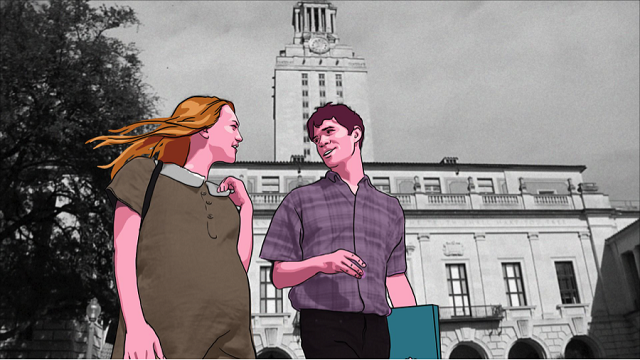Inevitably, mass shootings focus on the shooter(s). It makes sense, there is only one or two of them and they are the ones violating accepted morality. “Violating accepted morality” is a quaint euphemism for killing a whole bunch of innocent people, but that’s what extreme crimes add up to, and that’s why we’re fascinated with the shooters. They have committed a single act that most people would normally find unimaginable, and people struggle to figure out why. Maybe they were crazy, or picked on, or trying to start a movement, or miserable. Whatever their reason, by struggling to understand the impulse, Americans inevitably elevate the shooters to a certain level of fame.
In response, the victims are usually forgotten. Quick, tell me the names of any of the victims from Columbine. Yet, you could probably remember the names of the shooters. This is because the victims are far more numerous (its easier to remember 2 shooters than 20+ victims), and also because the victims are fairly normal people thrust into an extreme situation. They were probably doing a completely normal activity when a shooter completely alters the course of their life (or even ends it). We struggle to understand the motives of a shooter, but we wonder how we would act as a victim.
Tower is a memorial to the victims of the 1966 University of Texas clock tower shooting. Mixing interviews and animated recreations, it places us in the role of the people who experienced the shootings. From witnesses to victims to police to media, so many people were affected by the violation committed by one man in a clock tower. Even though we only see and hear from a selected few people, director Keith Maitland interviewed over 100 people who experienced the event. Though it might be for time constraints, it is far easier to hear from and to understand a few key people than to keep track of everybody involved.
The experiences here range from cowardly inaction to caring for a pregnant woman, and Maitland recognizes the importance of including a range of viewpoints. Could we do the job of a police officer who bravely climbs to the top of the tower to face somebody systematically killing person after person? Would we do nothing like Brenda Bell who admits to her own cowardice? Would we be like Rita Starpattern who helped Claire Wilson, a pregnant victim who laid beside her dead boyfriend? And, it’s not just what would we do, it’s what these people actually did in the face of unspeakable horror.
Tower is a memorial for those who tend to be forgotten, and it is a plea to fix the media circus. He never dissects the shooter, leaving that to the many many many news programs, documentaries, and even fictionalized presentations that have been created in the interim. In a way, those dissections add up to glorification of a shooter, if not infamy. One of Stephen Sondheim’s points in the musical Assassins was that killing a president inevitably leads to fame and/or infamy which leads to more assassins in a cycle of fame whoring. By completely ignoring the shooter, Maitland is denying that infamy and pleading for media to do the same. He’s pleading for a more empathetic response not just in the media, but in our hearts.
You know what? They have a point.
Tower streams as part of Independent Lens on PBS.
Tonight, Independent Lens streams The Bad Kids, a documentary about an alternative high school in the middle of the Mojave Desert where the worst offenders are sent to try to graduate.

